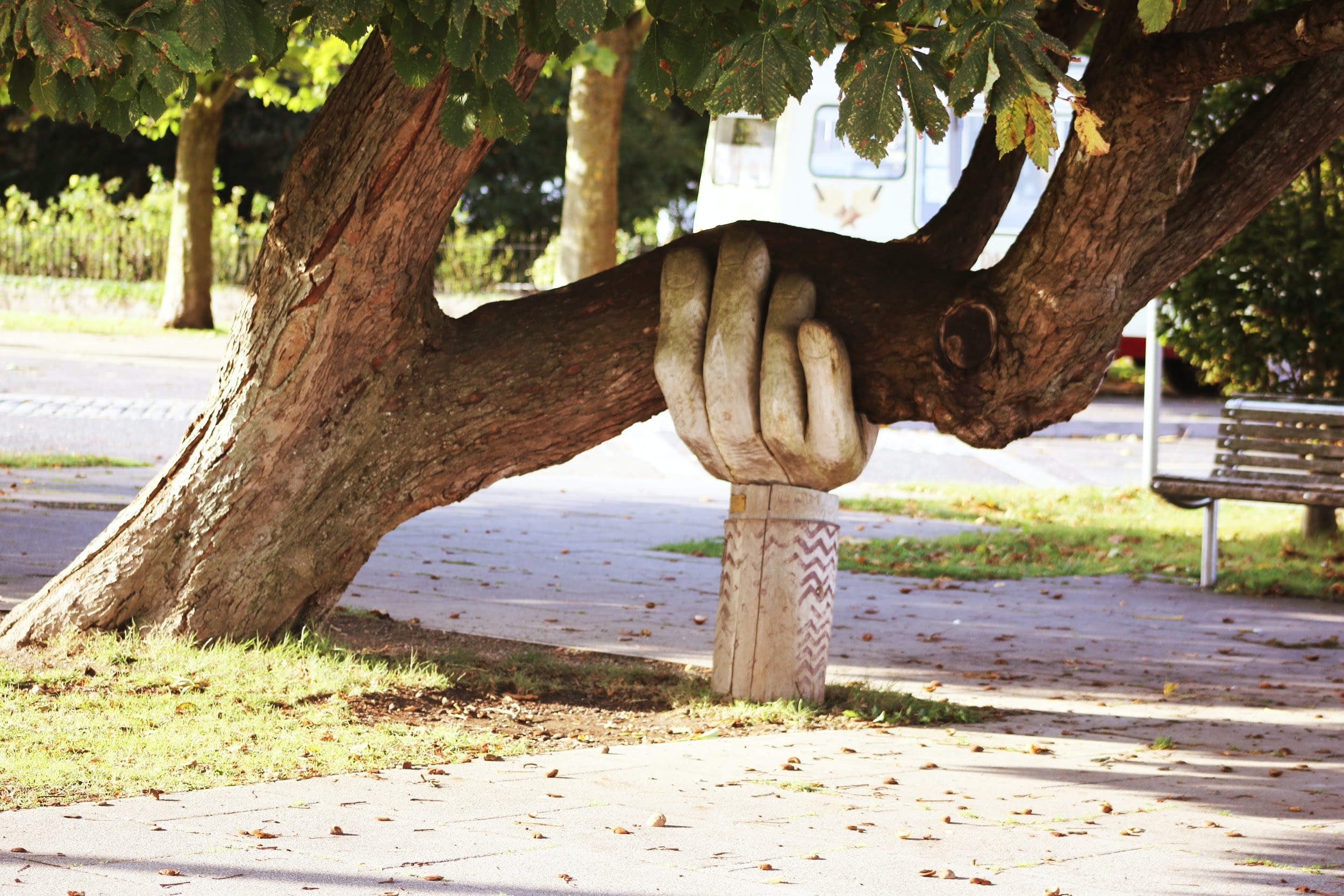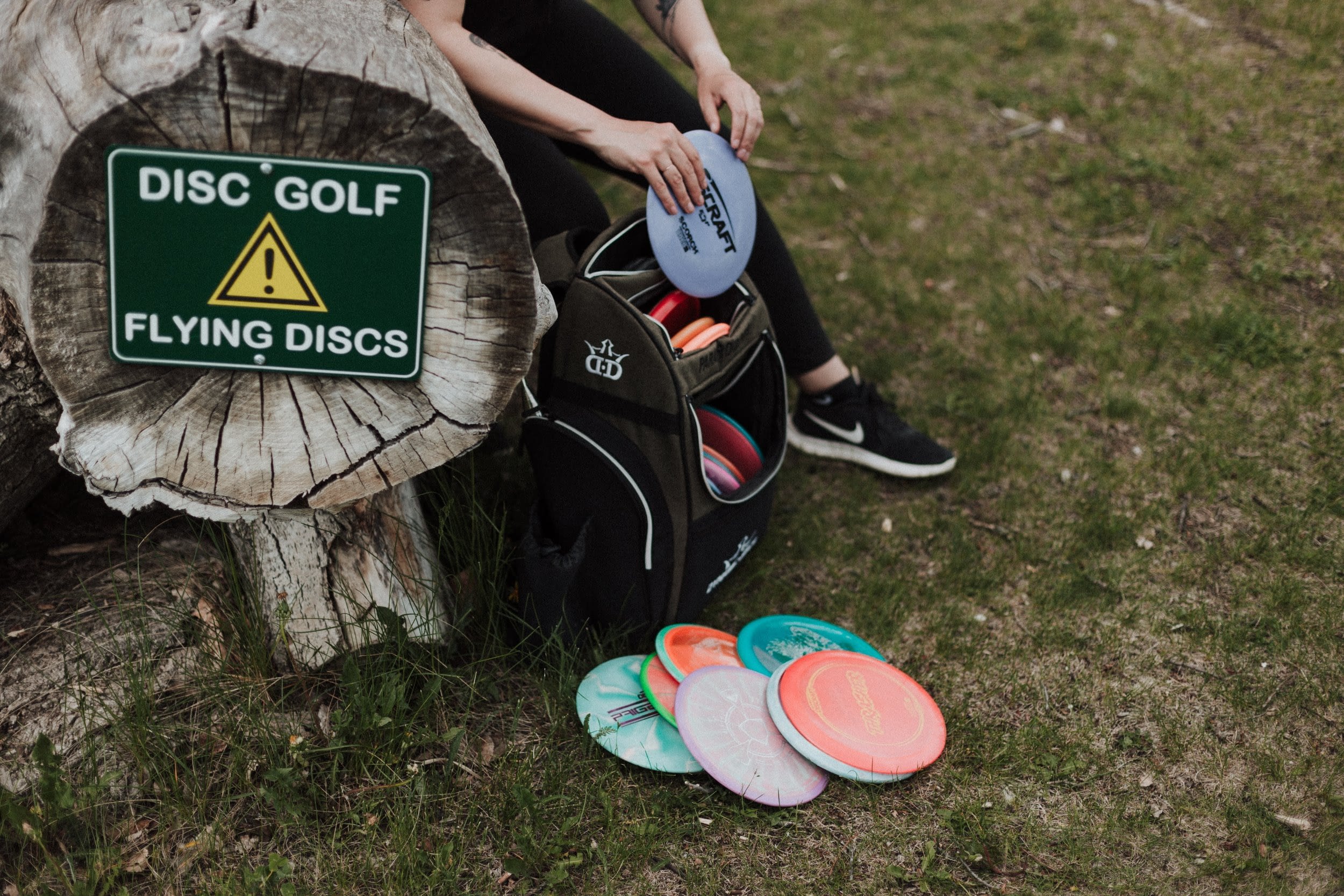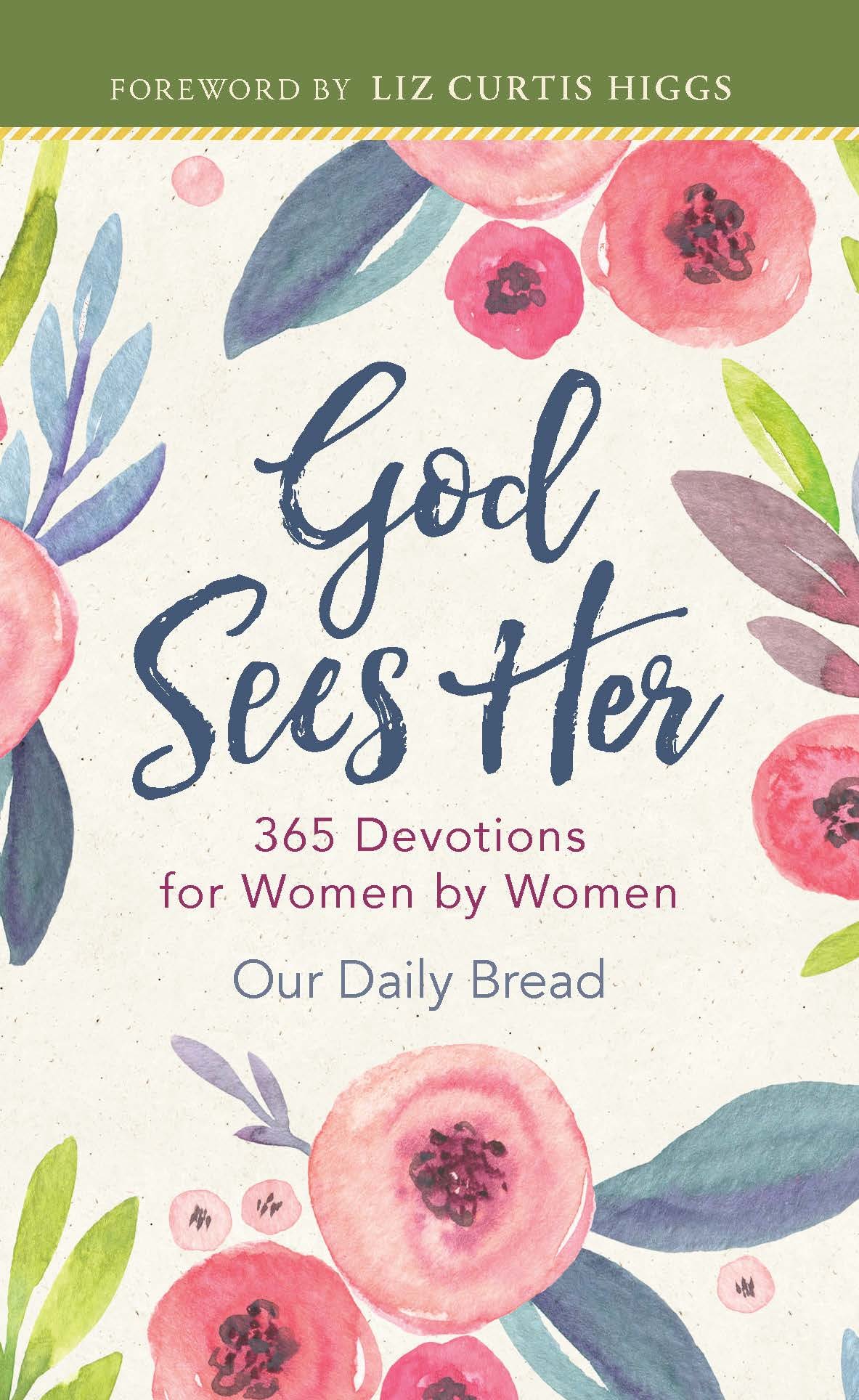A friend is deeply involved in humanitarian work. He knows what it’s like to be poor. Perhaps that’s why he has an extra measure of compassion for people rendered invisible by society or the church. He and his wife are helpers—always lending a hand to friends, family, peers, and those who are less fortunate. Recently, medical difficulties have plagued their extended family, and these burdens have become too much for them to bear. Unfortunately, in their time of need, they have felt as if few people are present to them to help them bear those burdens. My friend has carefully let people know they’re experiencing a hard time without divulging too much information about the nature of their burdens.
This has been said before, but I would like to chime in with the chorus of voices: Don’t forget to check in on the strong people—the ones who take care of others, the ones who are “accomplishing.” Sometimes it comes at great personal cost. And most of the time, wrongly or rightly, they’re so invested in holding space for others that it doesn’t occur to others that those who are helpers might occasionally need help bearing their own burdens. Or that they need to be known, loved, and embraced too. People can care for others without revealing much about themselves. Perhaps they don’t voice their needs because they have no one safe–or feel as if they have no one safe—with whom they can entrust themselves. Or maybe they know that those for whom they’re present don’t have the bandwidth to bear their burdens. Or maybe no one has asked them about their own need for support.
Loneliness in the United States is pervasive. It has reached epidemic proportions. There are many reasons for this epidemic including technology, the pace of life, globalization, and distance and alienation from our families, local communities, and more. I firmly believe that if we were present to those right around us, and intermittently all checked in with those not so close, many a crisis could be averted. For us to be present will require a lifestyle change—clearing our calendars—and focusing on those closest to us: our families, friends, neighbors, local clubs and communities, and churches.
In so doing Christians will become counter-cultural, standing against the epidemic of loneliness. We can care for the poor and marginalized in our communities as well as the strong ones who are helpers.
Is there someone that you should be checking on right now? Perhaps you are suffering in silence? Could you let trustworthy people know what you’re going through? No one is meant to suffer alone (or rejoice alone!). It is true, we can’t be present for everyone; that’s impossible. But we can be faithfully present to those whom God has given to us and those are the people in closest physical proximity to us, our families, friends, neighbors, and churches. No one, whether strong or weak, should be rendered invisible.
—Written by Marlena Graves. Used by permission from the author.







2 Responses
Thank you for reminding us to be cognizant of people who are caregivers by checking in on them and providing help when needed. As you so elegantly stated, "No one is meant to suffer alone.."
Amen nice reminder to check on those who care for others 🙏🏾